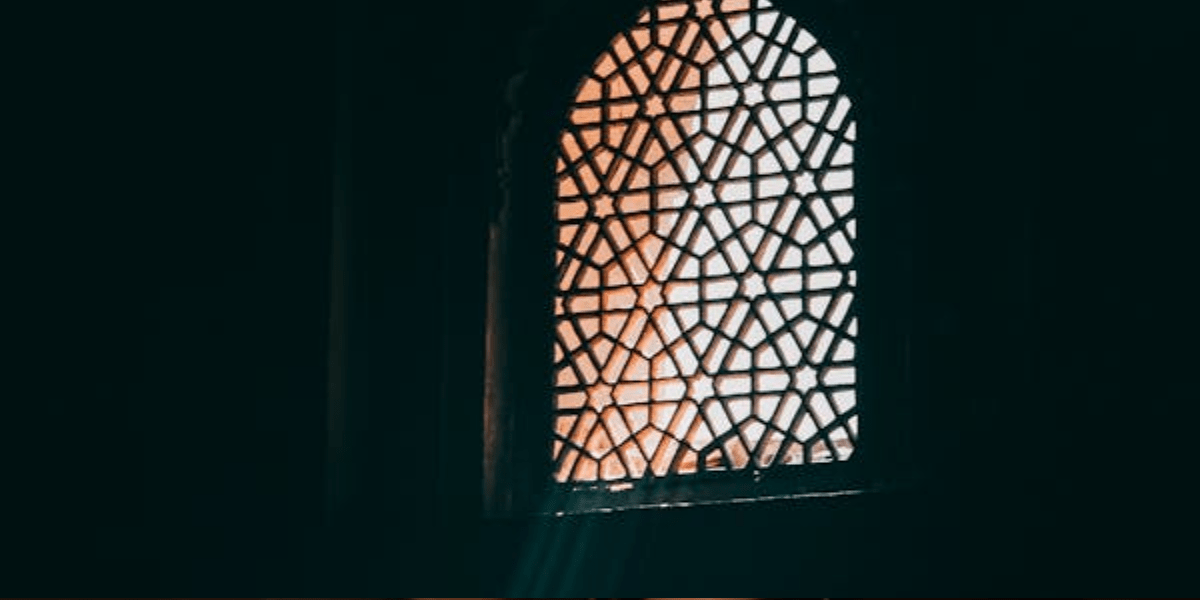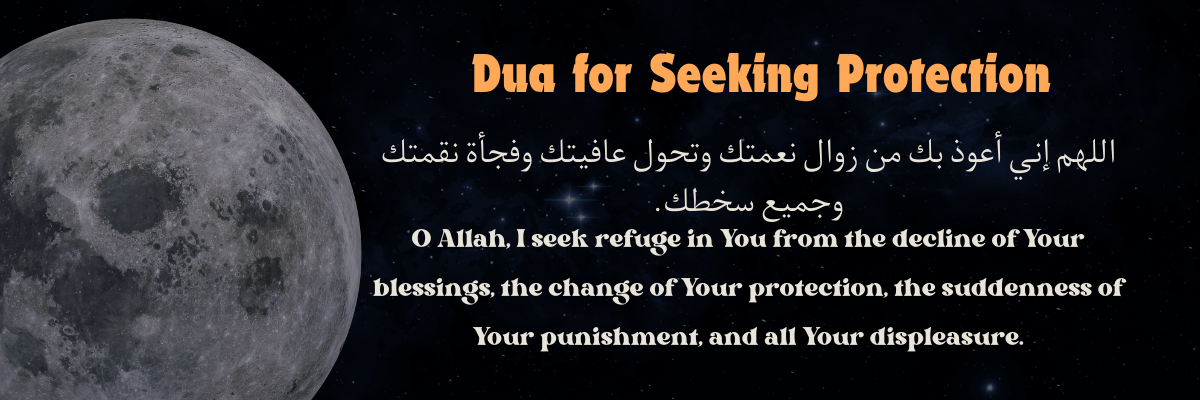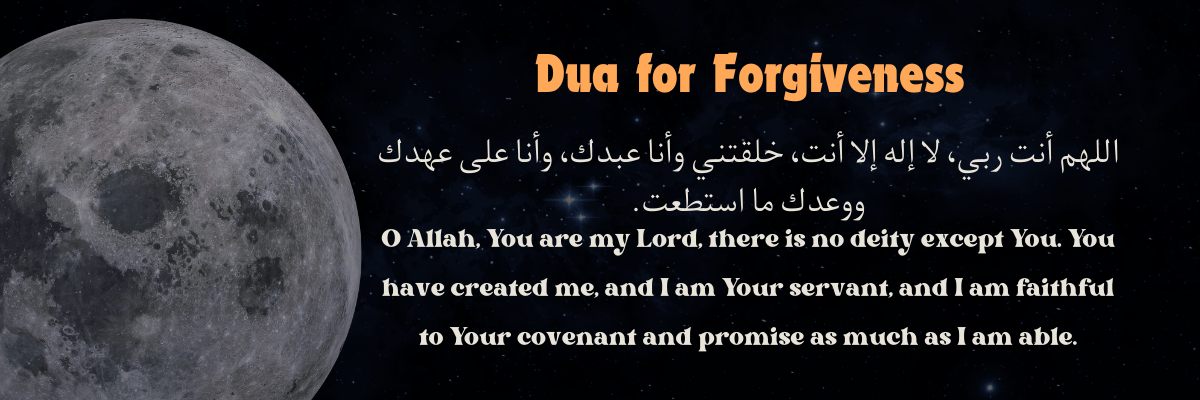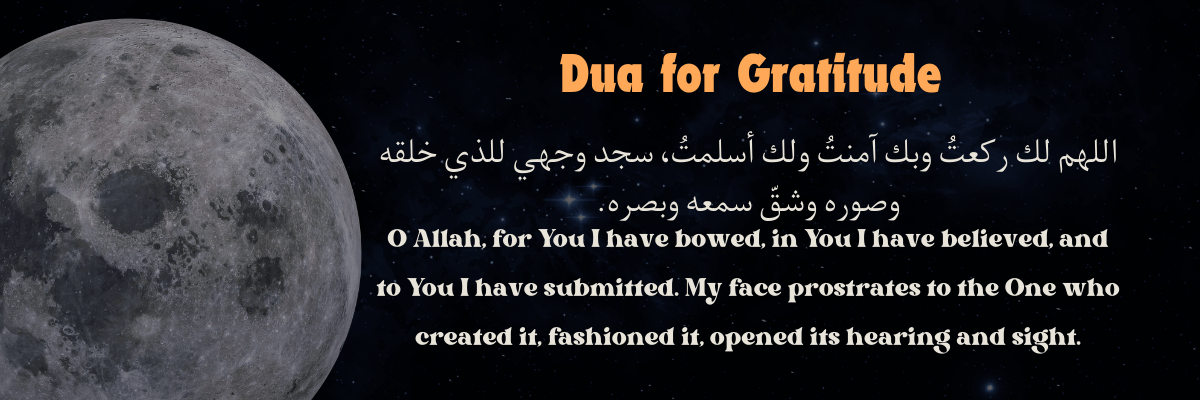
About Duas of Prophet Muhammad (PBUH)
The (supplications) duas of Prophet Muhammad (peace be upon him) hold great significance and are revered by Muslims worldwide. These prayers, taught by the Prophet himself, encompass a wide range of themes and are deeply rooted in spiritual guidance.
Prophet Muhammad (PBUH) emphasized the importance of supplicating to Allah in various aspects of life, including seeking guidance, seeking protection, expressing gratitude, seeking forgiveness, and asking for strength and patience during trials.
The beauty of these duas lies in their simplicity yet profound meaning. They reflect the Prophet’s deep connection with Allah and his concern for the welfare of humanity. Muslims often recite these duas in their daily prayers and personal supplications, seeking closeness to Allah and following the example of the Prophet (PBUH).
The teachings and practice of Prophet Muhammad (PBUH) regarding duas serve as a source of inspiration and comfort for Muslims in all circumstances of life. They reinforce the belief in Allah’s mercy, wisdom, and infinite power, and they encourage believers to turn to Allah with sincerity and humility in times of need.
Studying and understanding the duas of Prophet Muhammad (PBUH) not only strengthens one’s faith but also provides practical guidance on how to navigate life’s challenges with trust in Allah’s divine support and guidance.
In Islam, supplication “duas” holds a profound significance, and among the most cherished prayers are those taught by Prophet Muhammad (pbuh) himself. Let’s explore these divine invocations that resonate with believers through the ages.
1. Dua for Mercy and Guidance
The Prophet Muhammad (pbuh) emphasized the importance of seeking Allah’s mercy and guidance in all matters. One such dua is: “Allahumma inni as’aluka rahmataka wa ‘ilma nafii’a.”
This supplication translates to: O Allah, I ask You for Your mercy and beneficial knowledge.

2. Dua for Patience and Strength
Amid challenges, the Prophet Muhammad (pbuh) invoked Allah for patience and strength, teaching us: “Allahumma aslih li dini alladhi huwa ‘ismatu amri, wa aslih li dunyaya allati fiha ma’ashi.”
This supplication translates to: “O Allah, correct for me my religion, which is the safeguard of my affairs, and correct for me my world, in which is my livelihood.

3. Dua for Seeking Protection
In times of vulnerability, the Prophet Muhammad (pbuh) sought divine protection with the words: “Allahumma inni a’udhu bika min zawali ni’matika wa tahawwuli ‘afiyatika wa fuja’ati niqmatika wa jami’i sakhatika.”
This supplication translates to: “O Allah, I seek refuge in You from the decline of Your blessings, the change of Your protection, the suddenness of Your punishment, and all Your displeasure.”

4. Dua for Forgiveness
Seeking forgiveness was central to the Prophet Muhammad (pbuh) teachings. He supplicated: “Allahumma anta Rabbi, la ilaha illa anta, khalaqtani wa ana ‘abduka, wa ana ‘ala ‘ahdika wa wa’dika mastata’tu.”
This supplication translates to: “O Allah, You are my Lord, there is no deity except You. You have created me, and I am Your servant, and I am faithful to Your covenant and promise as much as I am able.”

5. Dua for Gratitude
Gratitude was a cornerstone of the Prophet Muhammad (pbuh) character. He thanked Allah with: “Allahumma laka raka’tu wa bika amantu wa laka aslamtu, sajada wajhi lilladhi khalaqahu wa sawwarahu wa shakqa sam’ahu wa basarahu.”
This supplication translates to: “O Allah, for You I have bowed, in You I have believed, and to You I have submitted. My face prostrates to the One who created it, fashioned it, opened its hearing and sight.”

6. Dua for Protection from Anxiety
The Prophet Muhammad (pbuh) recognized the human struggle with anxiety and sought solace: “Allahumma inni a’udhu bika minal-hammi wal-hazan.”
This supplication translates to: “O Allah, I seek refuge in You from worry and grief.”

7. Dua for Strength in Faith
Strengthening faith was a recurring theme in the Prophet Muhammad (pbuh) supplications: “Allahumma inni a’udhu bika an ushrika bika wa ana a’lamu wa astaghfiruka lima la a’lamu.”
This supplication translates to: “O Allah, I seek refuge in You from associating partners with You knowingly, and I seek Your forgiveness for what I do not know.”

8. Dua for Seeking Guidance in Decisions
In times of uncertainty, the Prophet Muhammad (pbuh) sought Allah’s guidance: “Allahumma inni astakhiruka bi’ilmika wa astaqdiruka bi-qudratika.”
This supplication translates to: “O Allah, I seek Your guidance through Your knowledge, and I seek Your ability through Your power.”

9. Dua for Contentment
The Prophet Muhammad (pbuh) valued contentment and prayed: “Allahumma inni as’aluka ridaa fi’l-ghadab wa tiba’ fi’l-qadaa’.”
This supplication translates to: “O Allah, I ask You for contentment in times of anger and acceptance in times of decree.”

10. Dua for Protection from Evil
To ward off evil, the Prophet Muhammad (pbuh) sought refuge in Allah: “Allahumma inni a’udhu bika minal-barasi, wal-jununi, wal-judami, wa min sayyi’il-asqam.”
This supplication translates to: “O Allah, I seek refuge in You from leprosy, madness, diseases affecting the skin, and from all evil illnesses.”

11. Dua for Seeking Allah’s Protection
The Prophet Muhammad (pbuh) sought refuge in Allah from various harms, including: “Allahumma inni a’udhu bika min ‘ilmin la yanfa’u, wa min qalbin la yakhsha’u, wa min nafsin la tashba’u, wa min da’watin la yustajabu laha.”
This supplication translates to: “O Allah, I seek refuge in You from knowledge that does not benefit, from a heart that does not humble itself, from a soul that is never satisfied, and from a supplication that is not answered.”

May we all strive to incorporate these beautiful supplications into our lives and benefit from the profound wisdom and blessings they embody.



